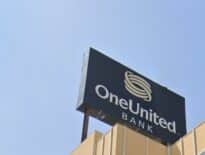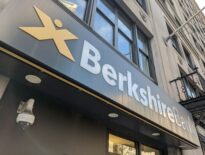Increases in sublease activity and hesitation by companies to sign long-term lease renewals are leaving their marks on the once-thriving Boston office market, according to a pair of new reports.
The Federal Reserve Bank of Boston’s Beige Book economic survey reports that the downtown Boston office market vacancy rate has risen to 11 percent, compared to its pre-COVID rate of 6 percent in March.
While demand for life science lab space remains strong, major leases of conventional office space have evaporated and existing tenants are reluctant to sign renewals beyond three years, the Fed report said.
“Contacts expected commercial real estate activity to stay flat or decline further for the remainder of 2020 and expressed a very uncertain outlook for 2021. Some were concerned that commercial bankruptcies and foreclosures would accelerate in coming quarters without renewed fiscal stimulus measures,” the Fed report said.
A report released Wednesday by Boston-based brokerage Hunneman projects another 850,000 square feet of sublease space hitting the market in the third quarter, bringing the year-to-date total to 2.7 million square feet.
Only 400,000 square feet of transactions have been signed for the 3.1 million square feet of sublease space listed since mid-2019, Hunneman reports.
“To put that in perspective, all four office buildings that make up the Prudential Center equate to the same amount of space that has been added over the last year,” according to the report by Hunneman Director of Research Tucker White.
The third quarter of 2020 is expected to bring another 850,000 square feet of sublease space to the Boston market, raising availabilities to 3.4 percent. That’s higher than the Great Recession peak of 2.3 percent, but below the 4.5-percent level after the dotcom bubble, Hunneman reported.
The outlook remains brighter for the lab market, which accounted for one of the largest transactions of the year with CRISP Therapeutics’ lease of 263,500 square feet at Tishman Speyer’s speculative lab building at 105 West First St. in South Boston. The life science sector also accounts for one of the year’s biggest investment sales, Alexandria Real Estate Equities’ $330-million acquisition of the Reservoir East campus in Waltham.
“Demand for laboratory space in Greater Boston stayed very strong; one contact raised concerns of a potential glut of lab space when planned projects are completed,” the Beige Book report stated.
Industrial real estate including warehouse space continues to attract strong demand from online retailers, but retail real estate demand remains weak except for grocery-anchored shopping centers because of small business closures, the Fed reported.









